Turkey considers a ground offensive in Syria as relations with the US worsen
- By Steve Balestrieri
Share This Article
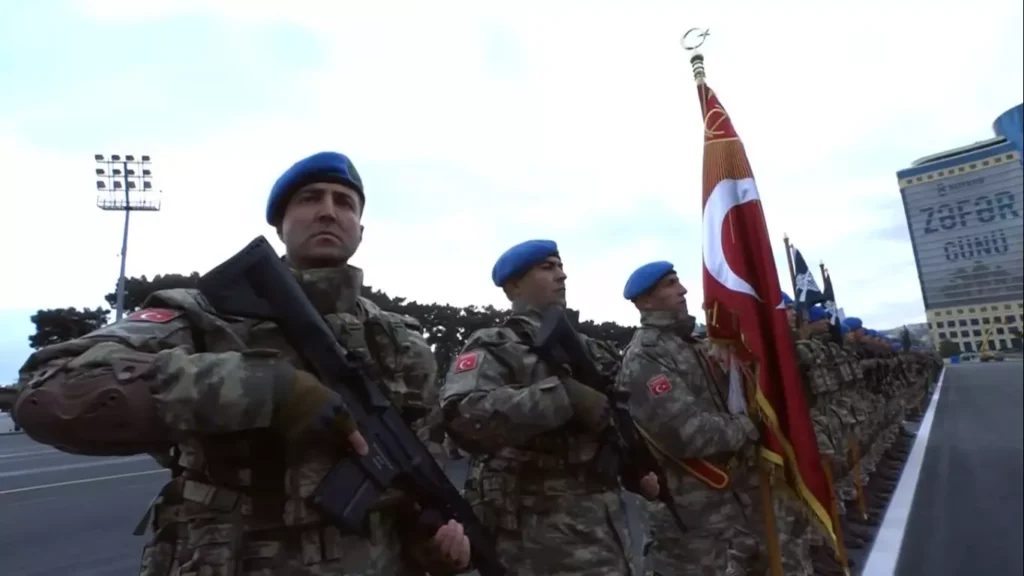
On November 20, Turkey launched airstrikes in Syria and Iraq targeting Kurdish groups that it believes were responsible for the bomb attack in Istanbul a week before, the Turkish Defense Ministry said Sunday. The bomb attack at Turkey’s largest city killed six people and injured dozens more.
The airstrikes targeted Syrian Kurdish YPG units in Kobani, a strategic Kurdish-majority town along the Syrian-Turkish border. Kurdish spokesman Farhad Shami tweeted that two villages heavily populated with displaced people were hit by the airstrikes. He said the strikes resulted in 11 civilian deaths and destroyed a hospital, a power plant, and grain silos.
The Syrian Democratic Forces (SDF) Kurdish militia, which is a part of YPG, said 14 civilians and one fighter were killed.
According to the U.K.-based Syrian Observatory for Human Rights (SOHR), at least 31 people were killed in Syria. There have been no reports on casualties in Iraq yet.

On November 22, Turkish President Tayyip Erdogan said that a possible ground offensive is on the way.
“We have been bearing down on terrorists for a few days with our planes, cannons and guns,” Erdogan said. “God willing, we will root out all of them as soon as possible, together with our tanks, our soldiers.”
Many expect Turkey to make another attack on the Kurds in Syria just before Ankara’s presidential elections in June 2023.
Turkey believes that the Kurdish militias in Syria and Iraq are part of the PKK (Kurdistan Workers Party) which is internationally recognized as a terrorist group.
The Turkish government celebrated the airstrikes as payback for the Instanbul bombing and cited Article 51 of the UN charter in launching them. The government said it was targeting areas “used as a base by terrorists in their attacks on our country.”
“Shelters, bunkers, caves, tunnels, and warehouses belonging to terrorists were destroyed with great success,” Turkish Defense Minister Hulusi Akar said in a released statement. “The so-called headquarters of the terrorist organization were also hit and destroyed with direct hits.”
The Turkish Defense Ministry posted a picture on Twitter of an F-16 taking off with the caption, “The scoundrels are being held accountable for the treacherous attacks!”
However, the Turkish moves could have long-term implications between Washington and Ankara.
Related: The small Special Forces base in al-Tanf, Syria has large implications for regional security
The Turkish-Kurdish fight

Turkey blamed the bombing in Istanbul on the PKK terrorist organization. Shortly after the bombing, Turkish authorities announced that they had arrested a Syrian woman who they said was responsible for planting the bomb and who had apparently crossed the border from Syria illegally. Turkish officials claim that she confessed to carrying out the bombing on behalf of Kurdish militants.
Turkey believes that the Syrian Kurdish People’s Protection Units (YPG) militias are part of the PKK. This is a big sticking point with the United States.
The PKK and YPG denied any involvement in the bombing. The PKK has said that their attacks have always sought to limit civilian casualties. PKK’s attacks usually target Turkish police.
The U.S. has partnered with the SDF (Syrian Democratic Forces) in the fight against ISIS in Syria. The partnership has incensed Turkey, which has accused the U.S. of training and arming terrorists that can quickly turn their weapons on Turkey.
Previously, Ankara held up the vote on Sweden and Finland’s accession into NATO because it claims both countries turned a blind eye towards the Kurdish terrorists of the PKK.
“We are determined, determined and able to save our country and our nation from the terror scourge that has plagued our country and our nation for 40 years,” Turkish Defense Minister Hulusi Akar said on Sunday.
The U.S. sent a message of condolence to Turkey after the Istanbul bombing. Ankara snubbed the message upsetting Washington.
“We reject and are deeply disappointed by any irresponsible comments to suggest that the United States had any role or responsibility in this despicable attack on Turkish citizens,” a State Department spokesperson said.
This is not a good thing for U.S.-Turkish relations moving forward.
Steve Balestrieri is a proven military analyst. He served as a US Army Special Forces NCO and Warrant Officer in the 7th Special Forces Group. In addition to writing for Sandboxx.com, he has written for 19fortyfive.com and SOFREP.com; he has covered the NFL for PatsFans.com for over 11 years. His work was regularly featured in the Millbury-Sutton Chronicle and Grafton News newspapers in Massachusetts.
Feature Image: Turkish Armed Forces at the Victory Parade 2020 in Baku, Azerbaijan (President of the Republic of Azerbaijan)
Read more from Sandboxx News
- Are momentous geopolitical changes about to happen in the world?
- Does Iran have a stealth fighter? They wanted you to think so
- Navy eyes drone ‘Mothership’ to launch smaller sea-based drones
- Did Lockheed Martin just give us a sneak peek at America’s next stealth fighter?
- By using Iranian Shahed-136 drones is Russia admitting that its defense industry can’t keep up?
Related Posts
Sandboxx News Merch
-

A-10 ‘Thunderbolt Power’ Poster
$22.00 – $28.00 Select options This product has multiple variants. The options may be chosen on the product page -
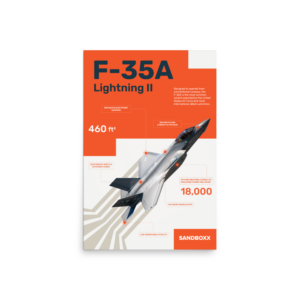
F-35 ‘Lightning’ Poster
$22.00 – $28.00 Select options This product has multiple variants. The options may be chosen on the product page -
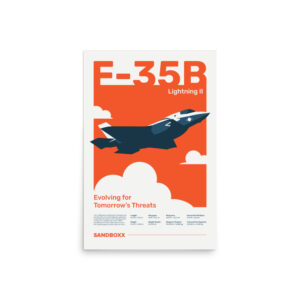
F-35 ‘Evolution’ Poster
$22.00 – $28.00 Select options This product has multiple variants. The options may be chosen on the product page
Steve Balestrieri
Related to: Breaking News
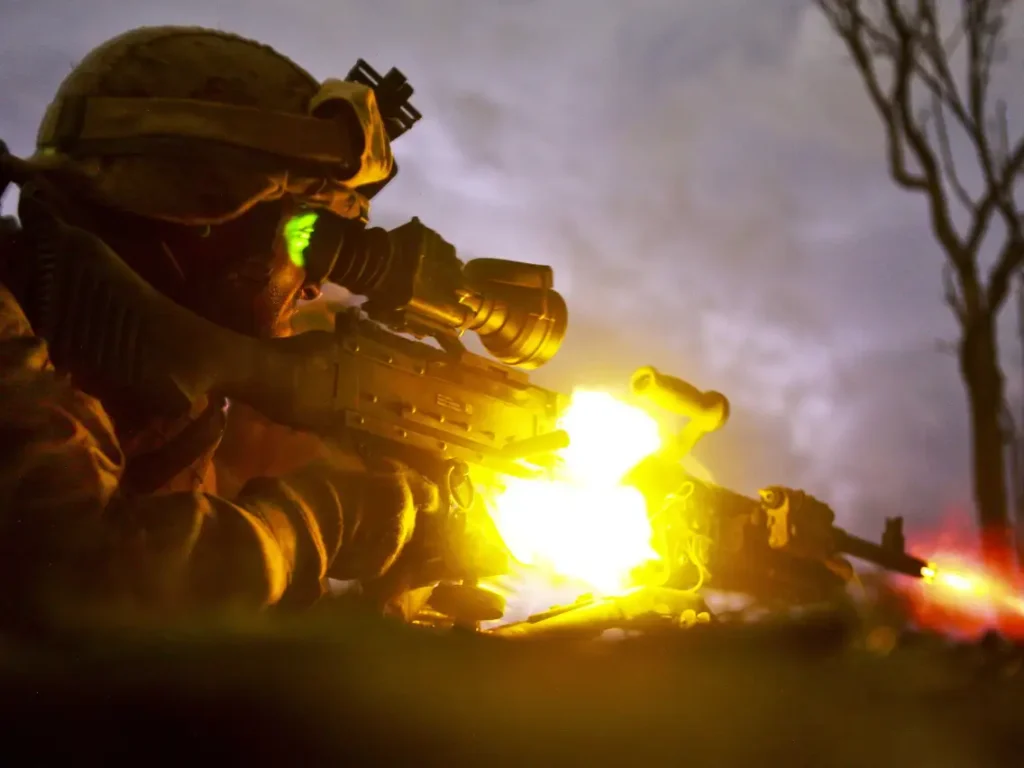
How US Special Forces took on Wagner Group mercenaries in an intense 4-hour battle
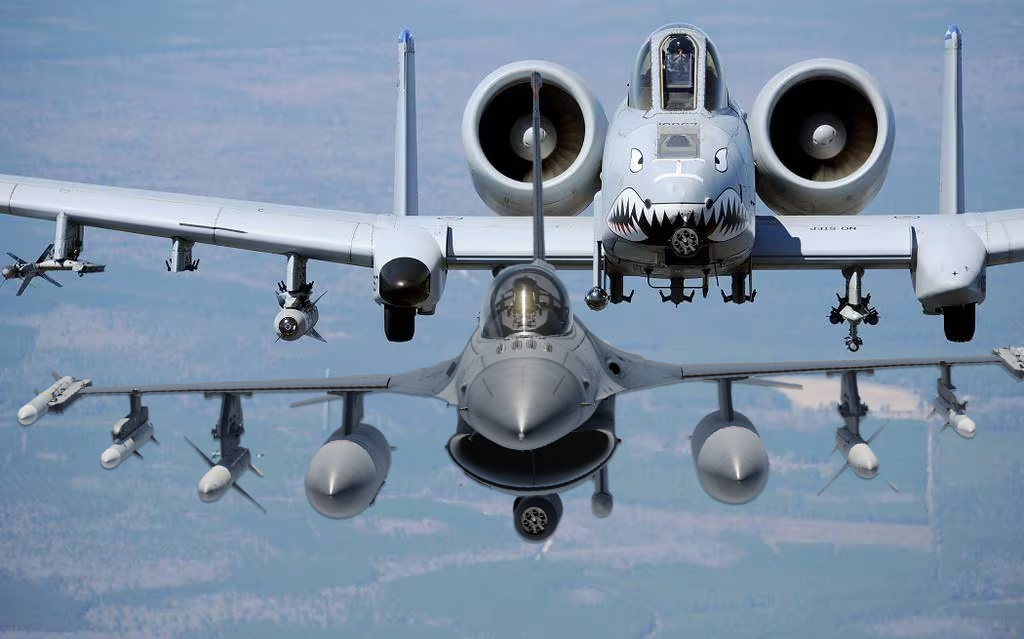
F-16s carrying the A-10’s 30mm cannon actually saw combat
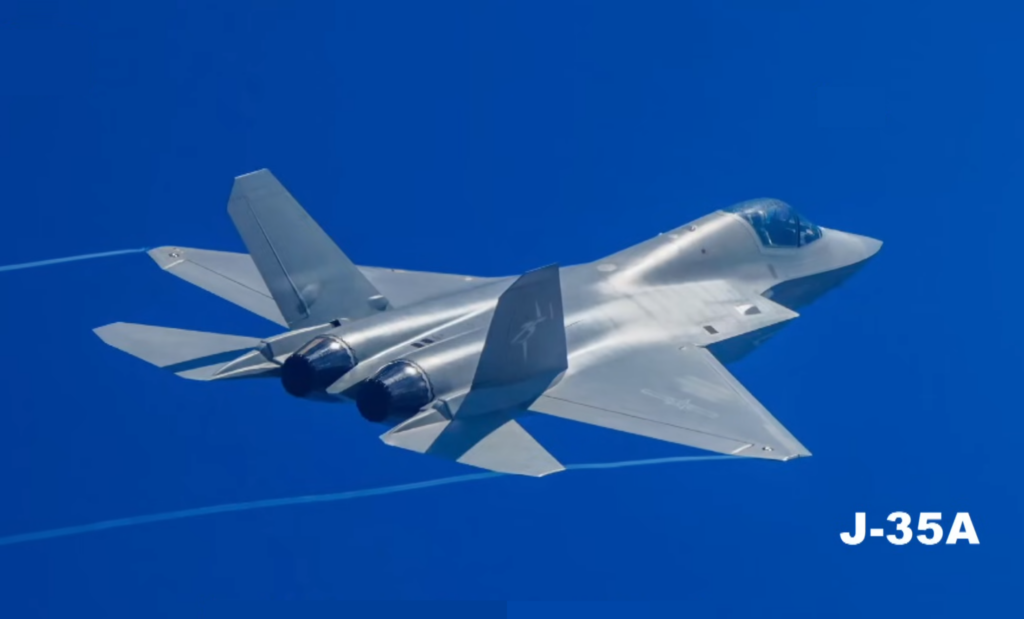
How does China’s new J-35 stealth fighter compare to America’s F-35?
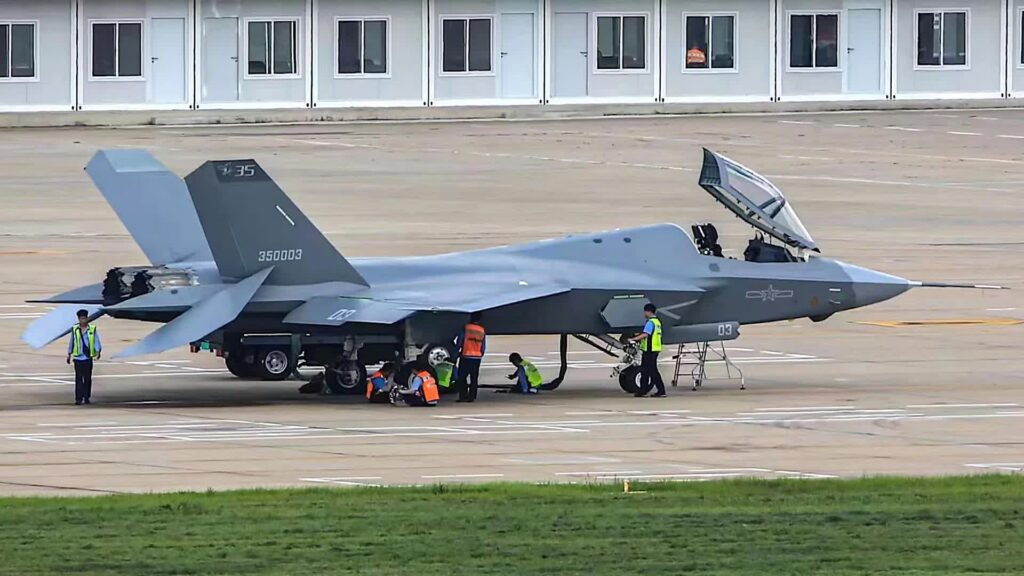
Why China’s new J-35 jet could mean trouble for America
Sandboxx News
-

‘Sandboxx News’ Trucker Cap
$27.00 Select options This product has multiple variants. The options may be chosen on the product page -

‘AirPower’ Classic Hoodie
$46.00 – $48.00 Select options This product has multiple variants. The options may be chosen on the product page -

‘AirPower’ Golf Rope Hat
$31.00 Select options This product has multiple variants. The options may be chosen on the product page -

‘Sandboxx News’ Dad Hat
$27.00 Select options This product has multiple variants. The options may be chosen on the product page
